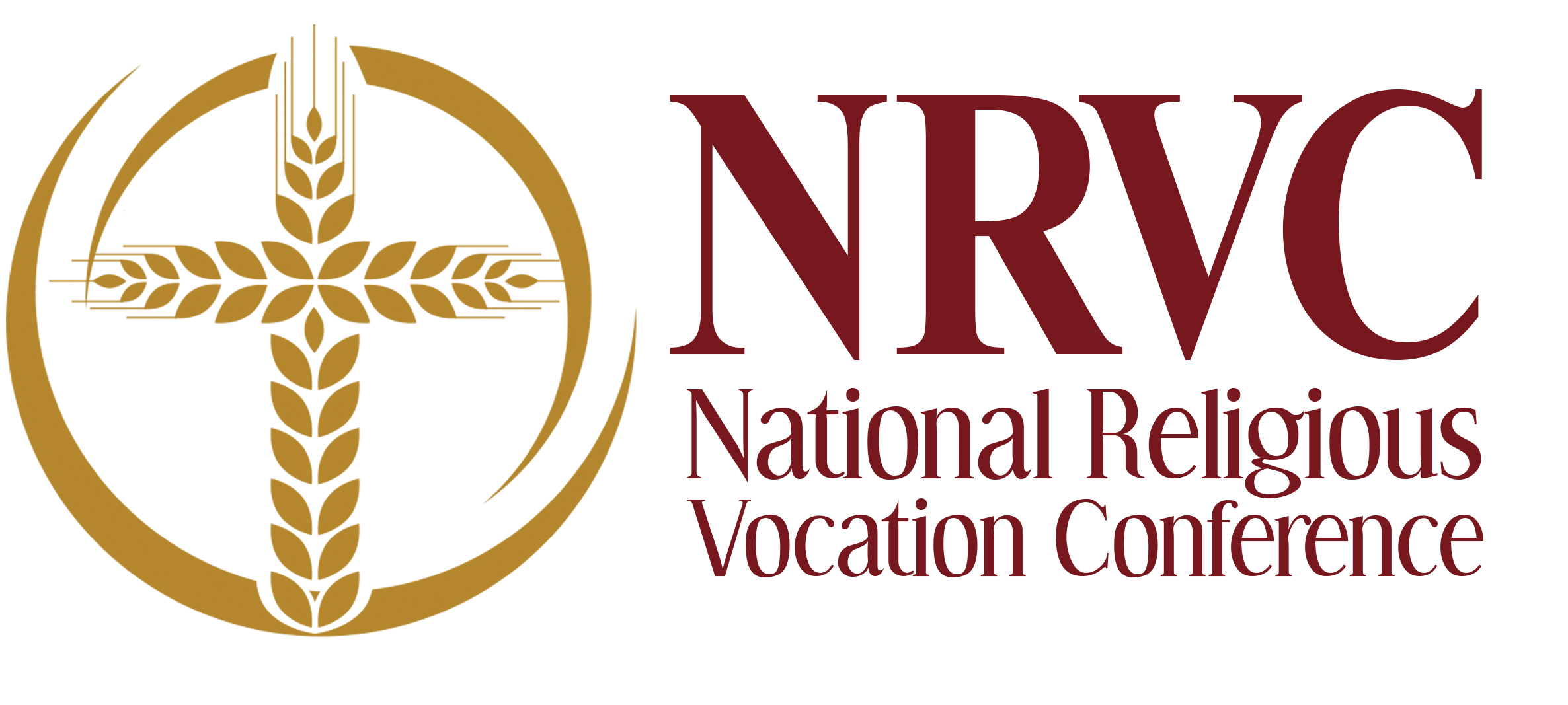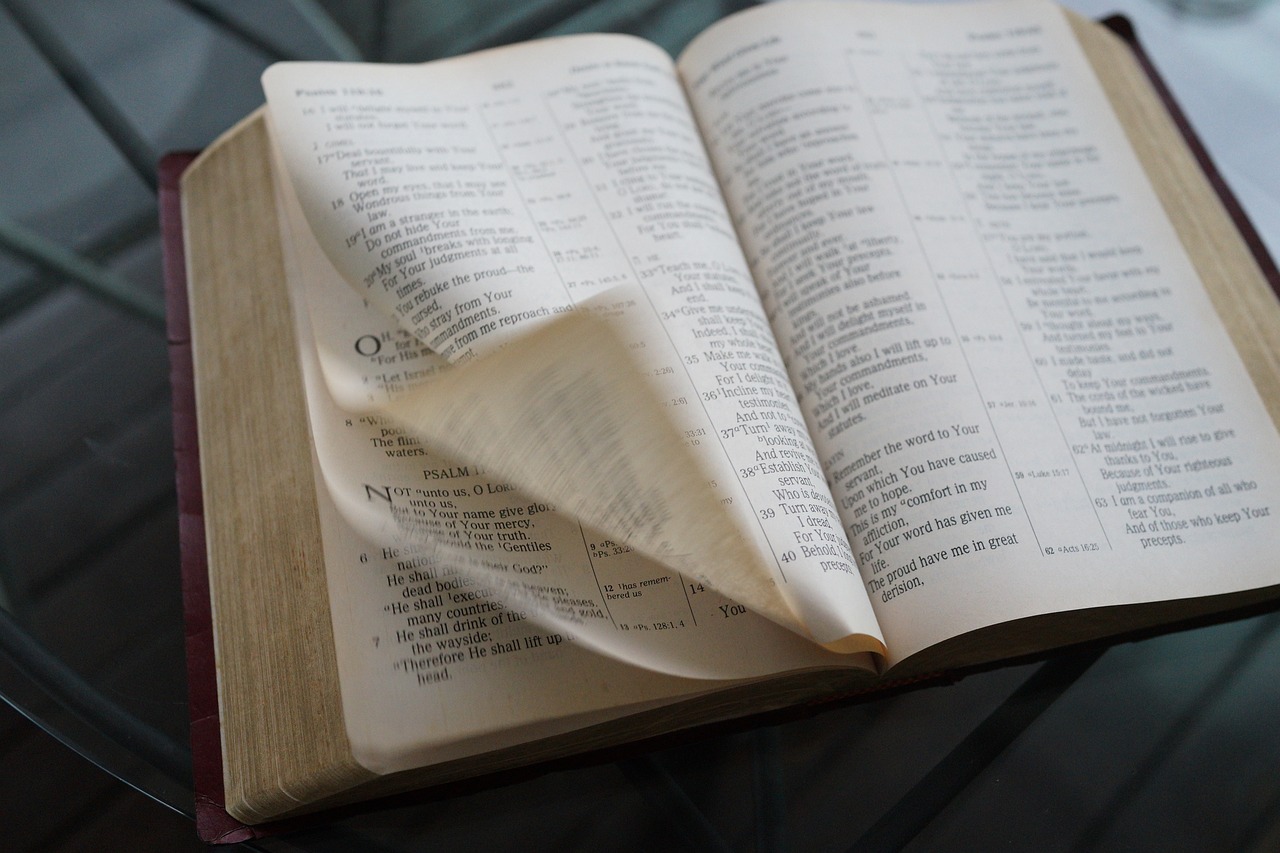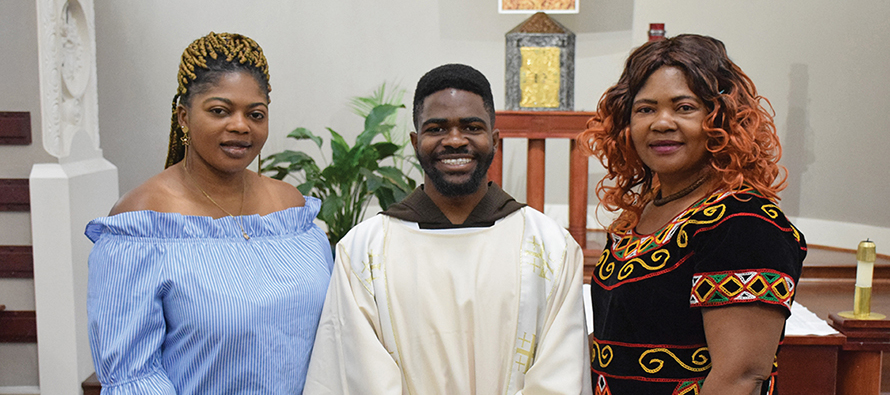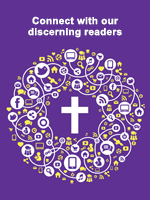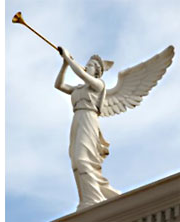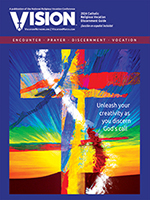|
WAKE UP TO THE PSALMS
Anyone who prays the church's liturgies is accustomed to the rhythm of biblical psalms. While the majority of psalms include an element of lament—rather like life itself—they also move through significant stations of praise, thanksgiving, and intercession. Many psalms slide easy from one mood to the next, from anxiety in the present circumstances to confident trust in the God who's been true in the past and can be counted on for the future.
Psalms are multifaceted: prayers, poems, and songs simultaneously. But they're also more honest than most prayers we habitually pray. Our prayer is cautious and sometimes limited by our piety. We're reluctant to "accuse" God of distance, indifference, or falling down on the job, as psalmists regularly do. What would it take to evolve into a deeper intimacy with our divine prayer partner and to trust God with our whole hearts—and not only the chamber on display in holy hours?
In their book Psalms for Black Lives, Gabby Cudjoe-Wilkes and Andrew Wilkes provide updated reflections on selected psalms that anyone dedicated to the work of liberation might appreciate. As the authors demonstrate, psalms are meant for group celebrating, lamenting, envisioning, and emboldening. Psalms presume that change is possible—and provide time-tested blueprints for breaking through barriers both internally and externally imposed. The Wilkeses raise vital questions and highlight the cries for liberation inherent in the psalm tradition. If the psalms have gone to sleep for you, this little book might wake them up.
—Alice Camille,
reprinted with permission from TrueQuest Communications
|
